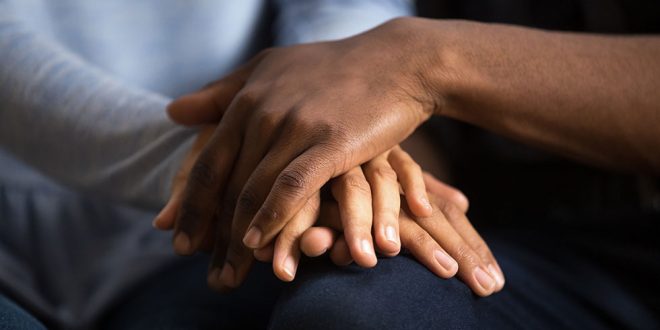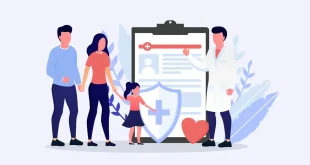Anxiety has become increasingly prevalent worldwide each year, and in this era of healthcare, professionals have been spending years and millions of dollars on research to understand how it works. If you’re having problems with anxiety, you may find it helpful to understand that there are certain triggers in everyday life, and if you’re able to identify them, they may lose their power entirely, or you’ll be able to avoid them better.
Talk Therapy
Talk therapy is crucial for countering anxiety and gaining deeper insight into how your mind works consciously and subconsciously, and figuring these processes out is the key to understanding the triggers present in your brain that trigger your fight or flight response. A therapist will be able to slowly guide you in a safe and private environment through all the corners of your brain, including periods of trauma and stress and negative experiences you’ve had that trigger anxiety when you’re reliving them. Search for a reliable anxiety therapist in Chicago or your locality, and take the first step towards better mental health.
Journaling
Journaling is a crucial part of maintaining mental health and feeling healthy every day, and it’s a great habit to form, especially at the end of the day, as it releases a lot of stress and makes you feel more comfortable. However, it’s incredibly effective at dealing with anxiety, purely through the effect you’re able to have on yourself by reading past entries. Whenever you’re feeling anxious, you should note down the emotions you were feeling and what the cause of the anxiety was at that moment in time. Eventually, you’ll be able to identify a pattern, which will reveal itself as a strong anxiety trigger in your mind, and if you’re able to reduce its impact or avoid it better, you’ll find that you’re better able to deal with anxiety.
Mindfulness
Mindfulness is a state of being that is known to drastically improve both the quality of life and the feeling of restlessness and urgency associated with anxiety that most people experience due to this modern culture of keeping yourself busy. By practicing mindfulness, you’ll be entirely focused on the task at hand, your breathing, the sensations you’re experiencing, and what’s happening around you, so you’re able to connect with your environment on a deeper level and prevent negative self-talk. This is a great tool to help with anxiety since you’re able to remove the trigger from your head until you’re able to calm down.
Using Support Groups
Support groups are an integral part of life, especially for people struggling with anxiety, as the people in your life will have an insight into your behavior and past experiences in a way you’re not able to see. Some people, like family and childhood friends, will know about your past experiences and fears you’ve had since childhood and will know how to calm you down and make you feel safer when the time comes. By talking with and relying on them, you’ll be able to understand their perception of your behavior in the past, and you’ll be able to identify triggers in your environment through this information.
Consider Past Experiences
Considering past experiences is an important part of dealing with anxiety and gaining insight into what causes it for you, though it may not be so easy in some cases. In others, there’s likely an incident or a feeling strongly associated with anxiety whenever you’re experiencing that feeling again, like sitting in a car years after you’ve been in an accident. In many cases, this minor level of insight is enough for people to feel a higher level of control over their emotions, which leads to less anxiety overall.
Conclusion
Anxiety is a complicated condition, and much of it is poorly understood, especially what causes it and how it can be permanently countered. The best long-term solution is deeper understanding and insight for everyone who deals with it so that they’re able to have greater control over their mental health and decision-making. If you’re one of the millions of people who suffer from anxiety, you may find it helpful to understand what triggers it for you and to explore coping mechanisms that work specifically for you.
 The Care Up
The Care Up




